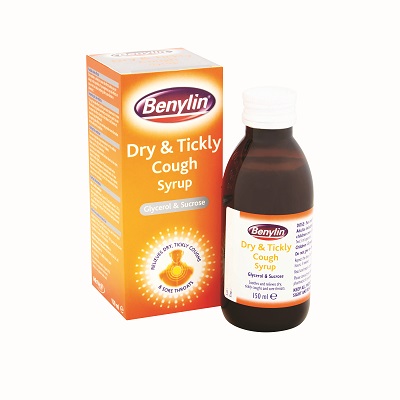By: Thoboloko Ntšonyane
MASERU – The Pharmaceutical Department of the Lesotho Medicine Regulatory Authority within the Ministry of Health (MoH) has issued a statement calling for the recall of the affected batches of the Benylin Paediatrics Syrup amid toxicity concerns.
It said in the statement issued last week: “The Ministry of Health would like to notify all its stakeholders and the general public [that] it has received an alert from other agencies of Benylin Paediatrics Syrup manufactured by Johnson and Johnson following recent toxicity findings in the laboratory on the product.”
Lesotho joins countries such as South Africa (SA), Kenya, Nigeria and Rwanda in recalling this cough syrup while further investigations are being conducted.
These developments come after an alarm raised by the Nigerian Agency for Food and Drug Administration and Control (NAFDAC), with a report showing that the Benylin Paediatric batches that were sampled contained quantity Diethylene glycol above acceptable limit.
“Diethylene is toxic to humans when consumed in unmanaged quantities and can prove fatal. Toxic effects can include abdominal pain, vomiting, diarrhea, inability to pass urine, headache, altered mental state and acute kidney injury which may lead to death,” reads the MoH statement.
The MoH further reported that the information from SA Products Regulatory Authority (SAHPRA), the manufacturer of the product in question, Johnson and Johnson was acquired by the Agency, and was resolved that the affected batches should be recalled.
The Benylin Paediatric syrup is for relief of coughs, congestive symptoms, hay-fever and other allergic conditions in children between ages of 2 to 12.
The details of the banned product are: Benylin Paediatric, manufactured by Johnson and Johnson (Kenvue) bearing the following batch numbers – 329304 and 329303.
The MoH further allayed the public’s saying they should not “panic as this is being handled with priority”.
“Consumers/patients are advised to report any suspicion of substandard and falsified medicines to the nearest Health Facility to Healthcare Professionals…,” the Ministry advises.


